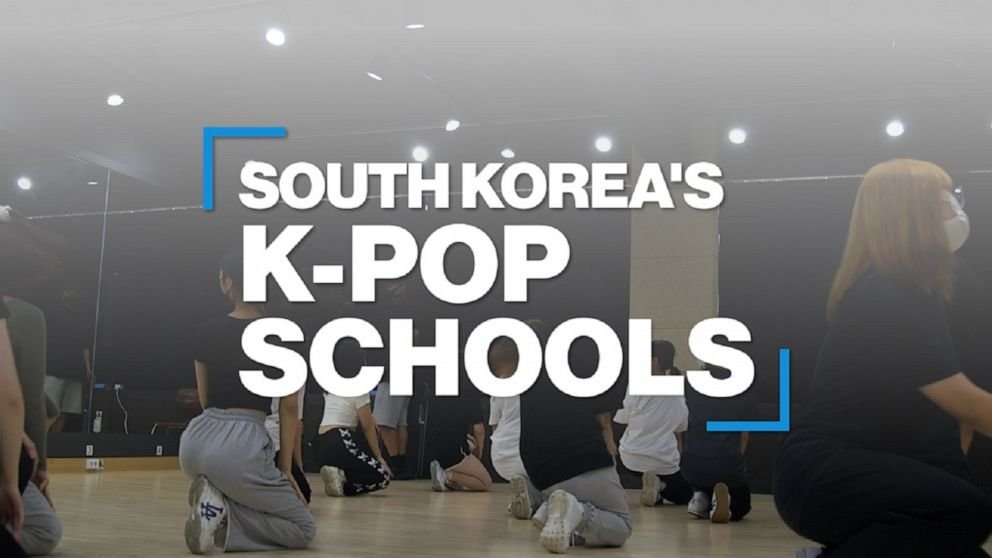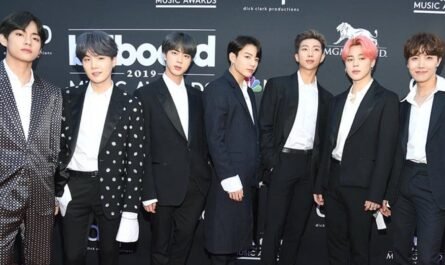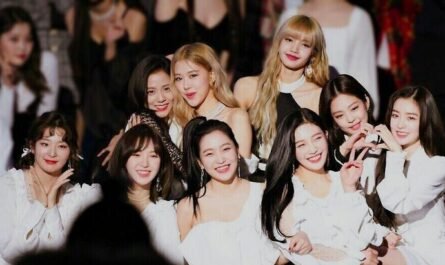Parents and teachers in some schools in South Korea have begun organizing K-pop classes for children to prepare them for work in this field, which is an essential source of income for the country.
K-pop is recognized in South Korea as an industry of potential growth at the government level – alongside semiconductor manufacturing and information technology. This means that The South Korean authorities view k-pop as an area that ensures the competitiveness of the country’s economy.
For example, the South Korean Ministry of Culture, Sports and Tourism estimates that K-pop group BTS’ Dynamite song alone – including indirect revenues – brought the country up to $ 1.5 billion. And all thanks to the fact that BTS topped the Billboard Hot 100 music chart in the summer of 2020.
This encourages parents from childhood to encourage their children to join the world of K-pop – after all, this area has the potential to bring them career prospects. For example, in the Seoul district of Gangnam, a K-pop dance course “Shine Dance Ekedemi” has opened – it calls itself the first and largest such institution in South Korea.
“I think if my son wanted to be a K-pop star, I wouldn’t mind. But the decision is his,” Xing Mei’s mother tells ABC News. And the father of another 9-year-old boy, Calvin Kahn, adds: if ten years ago, parents did not encourage children to be interested in entertainment, now the situation has changed.
Another example is the high school in Gwangcheon, Chuncheon province, where only 76 students study. Under the approval of the education department, it began teaching “everything about K-pop” and even renamed the High School of Korean Pop and Performing Arts. More than $ 10 million has already been invested in it.
At school, children are taught to play musical instruments, sing and participate in concerts, and introduce a second language. The reorganization was paid for by the Education Authority, hoping that Gwangcheon will become a tourist attraction on the K-pop map in South Korea. Classes at school are free – parents pay only for dormitory and travel expenses.
There are already more than a dozen such schools in South Korea, ABC News notes. Previously, they taught classical music.
“K-pop has significant added value – and it’s not just about music and its content, but also about the impact on the goods and services that companies produce. K-pop also has a positive effect on South Korea’s image and thus has an economic impact that cannot be quantified,” K-pop columnist Kim Gernsik told ABC News.











